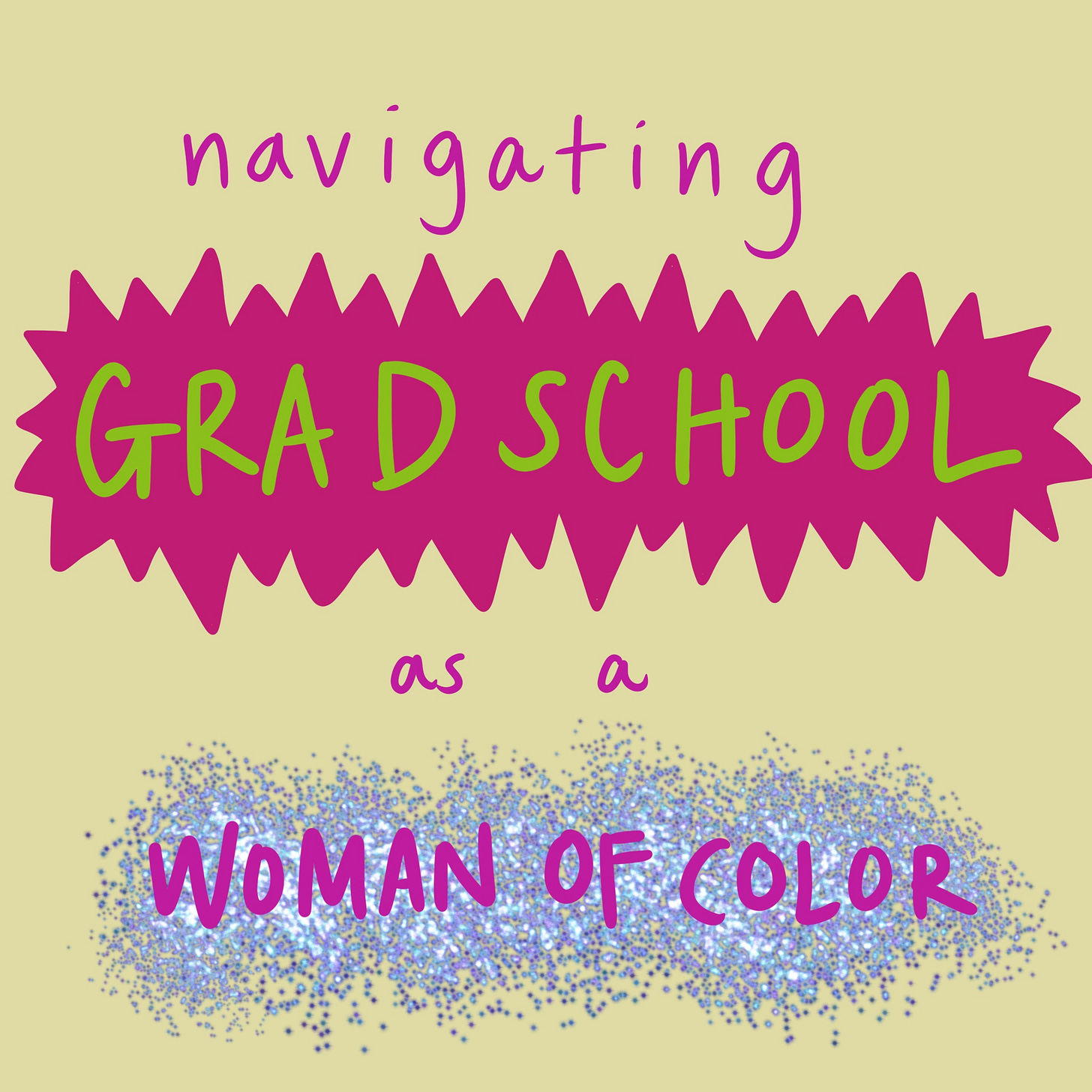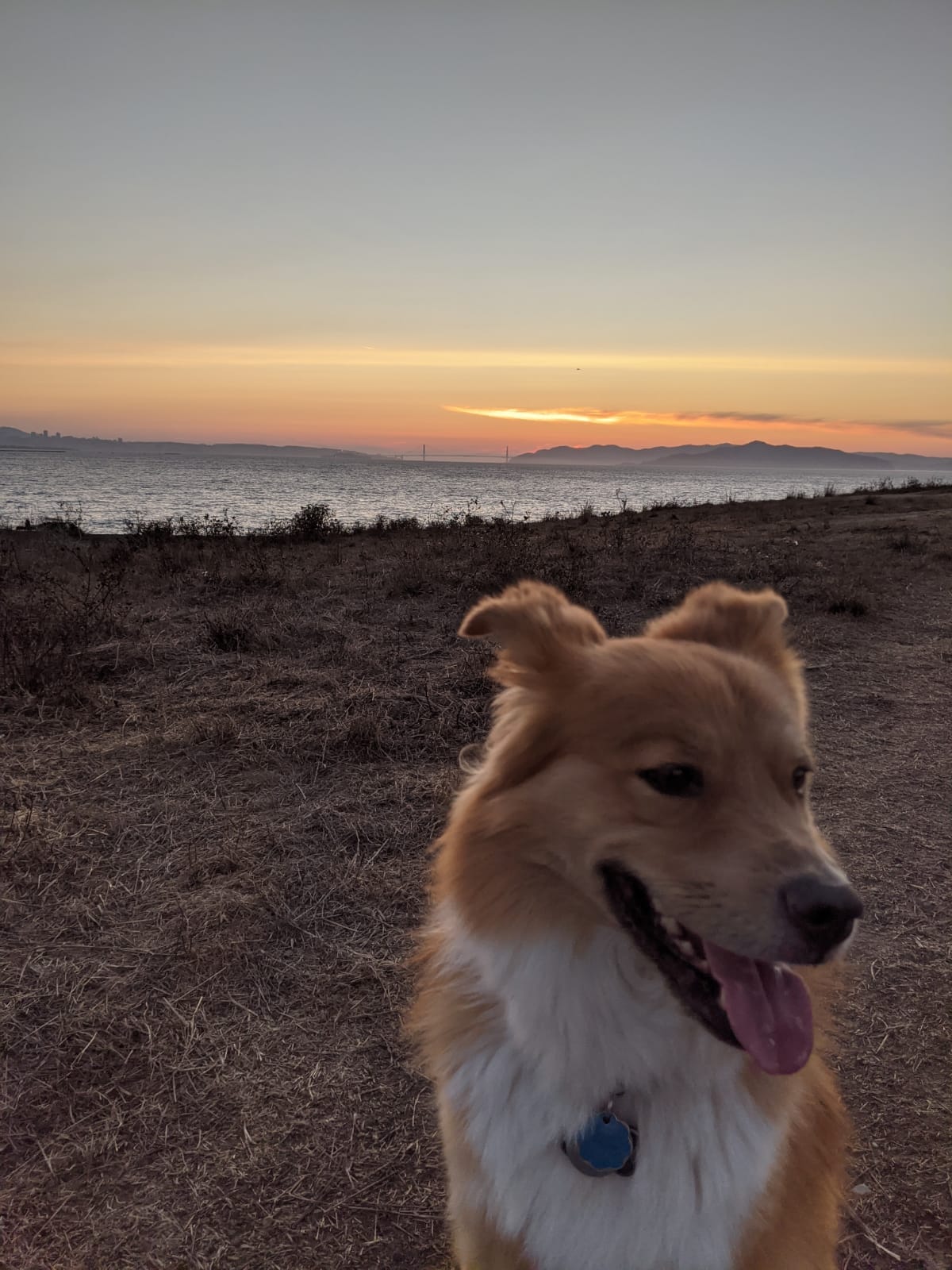28. know her name
thinking about the legacy of mothers and lo-fi bernie sanders
Hi there! 👋 I’m Ida, and this is tiny driver, a newsletter about research, pedagogy, culture and their intersections. Thank you for being here. Reach out anytime by just hitting reply, I love hearing from you.
👋💖 And a big hello to the new subscribers!! I'm guessing that you are here either because of the Anti-Racism Daily newsletter I wrote on new media or because Substack published a feature on tiny driver for their "What to Read" series. Thank you so much for subscribing to this little corner of the internet, and I'm so glad to have you here! Please also feel free to share this newsletter with friends that you think would like it too! 🥰
It still feels quite surreal that we are within the first week of the Biden administration. While folks have rightly pointed to the fact that there's so much work left to do—that this is only the first step in the long fight toward equity and access to basic human rights for all—I felt my shoulders lower in relief at the end of the inauguration.
But (and let's be real, here) the real winner of Wednesday was Bernie Sanders. The memes were out of control—the mittens, the pose, the distancing. I believe that this photograph embodied my (and many others') attitude toward 2020, which I appreciated immensely. Here are two of my favorite memes from the past few days.
This one is particularly apt considering the fact that 2 weeks ago I shared my favorite writing playlist:
We love Lizzo in this household:
What I consume.
In the Bookshop:
Currently Reading: Pachinko by Min Jin Lee
On Deck: Juliet the Maniac by Juliet Escoria
Over the weekend, I finished Chanel Miller's Know My Name: A Memoir. (Here's a review of the book, if you need a refresher on Chanel Miller and her story.) I initially started reading it a couple weeks ago because I agreed to help facilitate Northwestern's APIDA quarterly book club, where this was the winter quarter pick. While I'm sure I would have read her work eventually, I'm glad that I got to it sooner.
While reviewers have emphasized the way that she reclaims or takes back her story of sexual assault, and that its power lies in the beautifully-put and heart-breaking details of the assault and the reverberations of trauma in the years after, I want to highlight something else that for me is just as striking.
Chanel Miller is a beautiful, poignant and talented writer. One who is able to give tangible shape to such nebulous feelings. And that this legacy of beautiful and poignant writing comes from her mother.
At various points throughout the book, Miller mentions that her mother is a writer whose work is known and celebrated in China. She also talks about the fact that upon immigrating to the United States, her mother took many jobs that weren't writing. She would only write in what little free time she had—sleeping as an afterthought.
I remember reading Miller's victim impact statement when it first came out—when we only knew her as "Emily Doe." I had been aware that the Stanford case was happening, disgusted by the events that were described, hoping beyond hope that justice would be served despite the fact that I "knew better" than to believe that it would. When her statement came out, I remember being stuck to my screen, ravenously reading her words, struck by her ability to take something so difficult to explain—how does one even quantify or qualify the "impact" of such a devastating event and its aftermath?—and give it a lexicon that centered her while also being so universal to the experience of sexual assault and its repercussions.
Little did I know at the time that Miller attributes this power to her mother. In the final chapter of the book, she responds to some opinions that stated she couldn't have possibly written those remarks, that they were too "sophisticated" for a woman in her twenties—and specifically, the woman described by the media throughout the trial—to write. Here is a small excerpt from her response:
My writing is sophisticated because I had a head start, because I am years in the making, because I am my mother and her mother before. When I write, I have the privilege of using a language that she fought her whole life to understand. When I speak, in opposition, I am grateful my voice is uncensored. I do not take my freedom of speech, my abundance of books, my access to education, my ease of first language for granted. My mom is a writer. The difference is, she spent the first twenty years of her life surviving. I am a writer, who spent twenty years of my life fed and loved in a home and classroom.
Reading this, I was struck by how closely it mirrors my own view of my position in this life. I am also the child of immigrants. I am reminded of the times when my parents aren't able to find the English words quick enough, so they speak in Farsi instead. I am reminded of my dad's small grammatical errors in my birthday cards. I am reminded of the many (and I mean many) books on my shelf that I read as a young adult, when my own parents were learning a second language in order to survive at that same age.
I carry their legacy of strength and forward movement. But I also recognize that I could not be where I am—my education, my bookshelves, my ability to write what you are reading in this little letter—without them.
In her acknowledgements, Miller writes: "To Mom, I grow in the direction of you." In this sentence, I imagine Miller's mother as a large willow tree (because I love willow trees), and Miller as a sapling beside her. The willow tree provides the sapling protection from the elements as their roots interconnect in the rich soil below the surface. Each is supported by this connection, this communication below what can be visibly seen or understood. And with that support, the sapling grows upward, while the large willow grows stronger as well.
Chanel Miller. Know her name. We'll be reading her words for a long time to come. I'm sure of it.
Item(s) of note.
For those of you who've just subscribed and are in grad school (or thinking about attending grad school), I'd love to share my zine with you, "Navigating Grad School as a Woman of Color." I wrote it in the early months of the pandemic as a way to give back to my community that has supported me through those years and given me so much guidance and love. I hope that you find it a useful resource! 🤓
10 Good Writing Habits from Lydia Davis
A beautiful article on the intersection of writing history and autobiography
Mike made me a tiny driver keychain with his 3D printer. Maybe there will be a tiny driver merch giveaway in the future?!
A pup-date.
Higgins would like to remind you that if you live on the West coast, you should definitely go out and see a sunset this week. He thinks they give him very good lighting for his glamour shots.
As always, thanks so much for reading through, and I'll see you in the next one!
Warmly,
Ida








